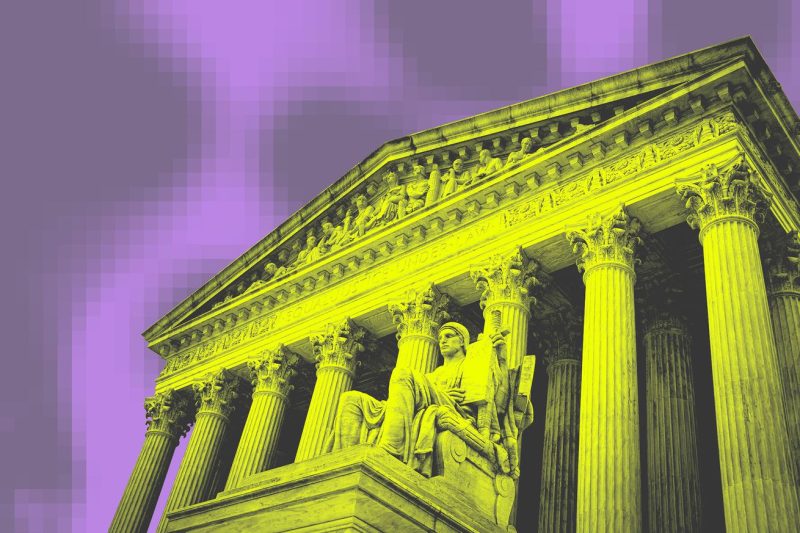America’s Low-Income Broadband Fund Faces Crucial Test in Supreme Court
The fate of America’s Low-Income Broadband Fund hangs in the balance as it faces a crucial test in front of the Supreme Court. With the digital divide widening and millions of Americans lacking access to affordable internet services, the importance of this fund cannot be overstated.
The Low-Income Broadband Fund was established with the noble intention of providing financial assistance to low-income families and individuals to help bridge the gap in internet access. In a rapidly advancing digital world, access to the internet is no longer a luxury but a necessity for education, work, communication, and accessing essential services.
However, the fund’s future came under scrutiny when a legal challenge was brought before the Supreme Court, questioning its constitutionality. Critics argue that the fund represents government overreach and infringes on the rights of private telecommunication companies. They claim that the fund distorts the market and undermines fair competition.
On the other hand, proponents of the fund argue that it is a vital tool for promoting equality and ensuring that all Americans, regardless of their economic status, have access to the digital resources they need. They argue that the fund serves a public good by addressing the systemic inequities that have left many low-income families disadvantaged in the digital age.
The Supreme Court’s decision on the fate of America’s Low-Income Broadband Fund will have far-reaching implications for the future of internet access in the country. If the fund is upheld, it could pave the way for expanded access to broadband for low-income households, potentially bridging the digital divide that has persisted for too long.
However, if the fund is struck down, it could set a dangerous precedent that limits the government’s ability to intervene in ensuring equitable access to essential services. It may also have a detrimental impact on the millions of low-income Americans who rely on the fund for affordable internet services.
Ultimately, the Supreme Court’s decision will not only determine the fate of the Low-Income Broadband Fund but also reflect the values and priorities of our society. Will we prioritize equality and accessibility in the digital age, or will we prioritize the interests of private companies over the needs of our most vulnerable communities?
As the Supreme Court deliberates on this crucial issue, the eyes of the nation are watching. The decision made will shape the future of internet access in America and have a lasting impact on millions of low-income individuals and families who rely on the fund for access to this essential service.




























